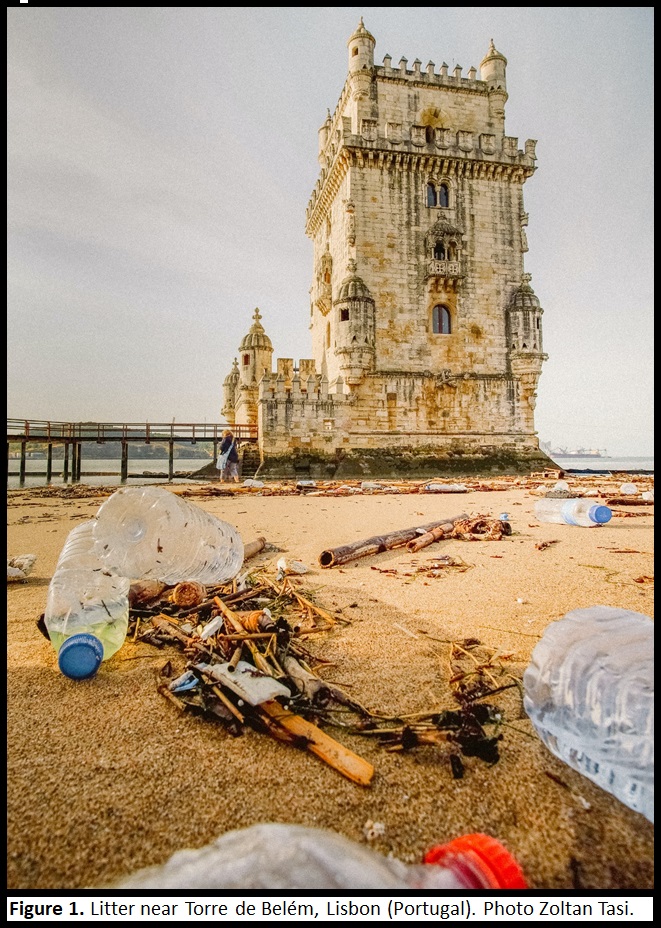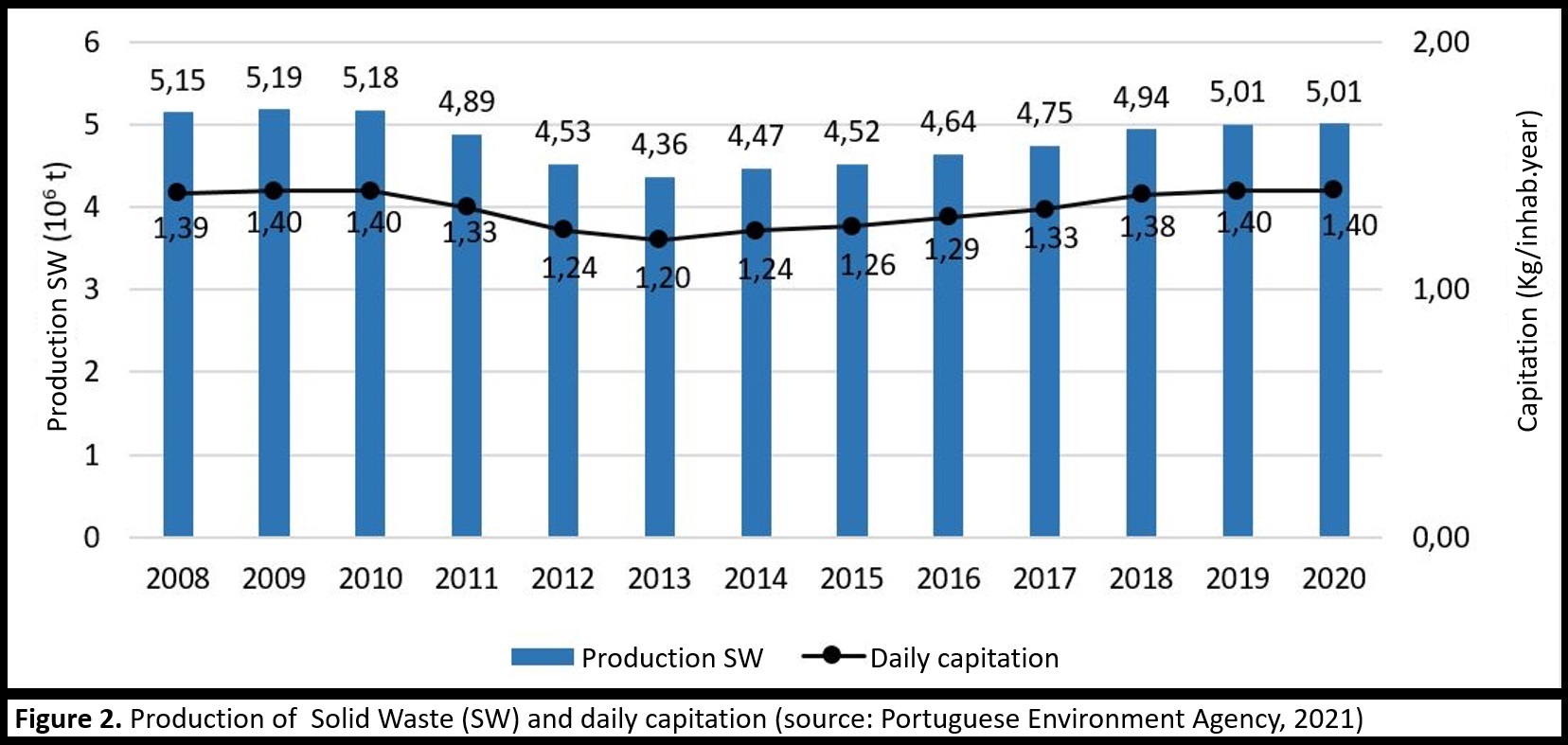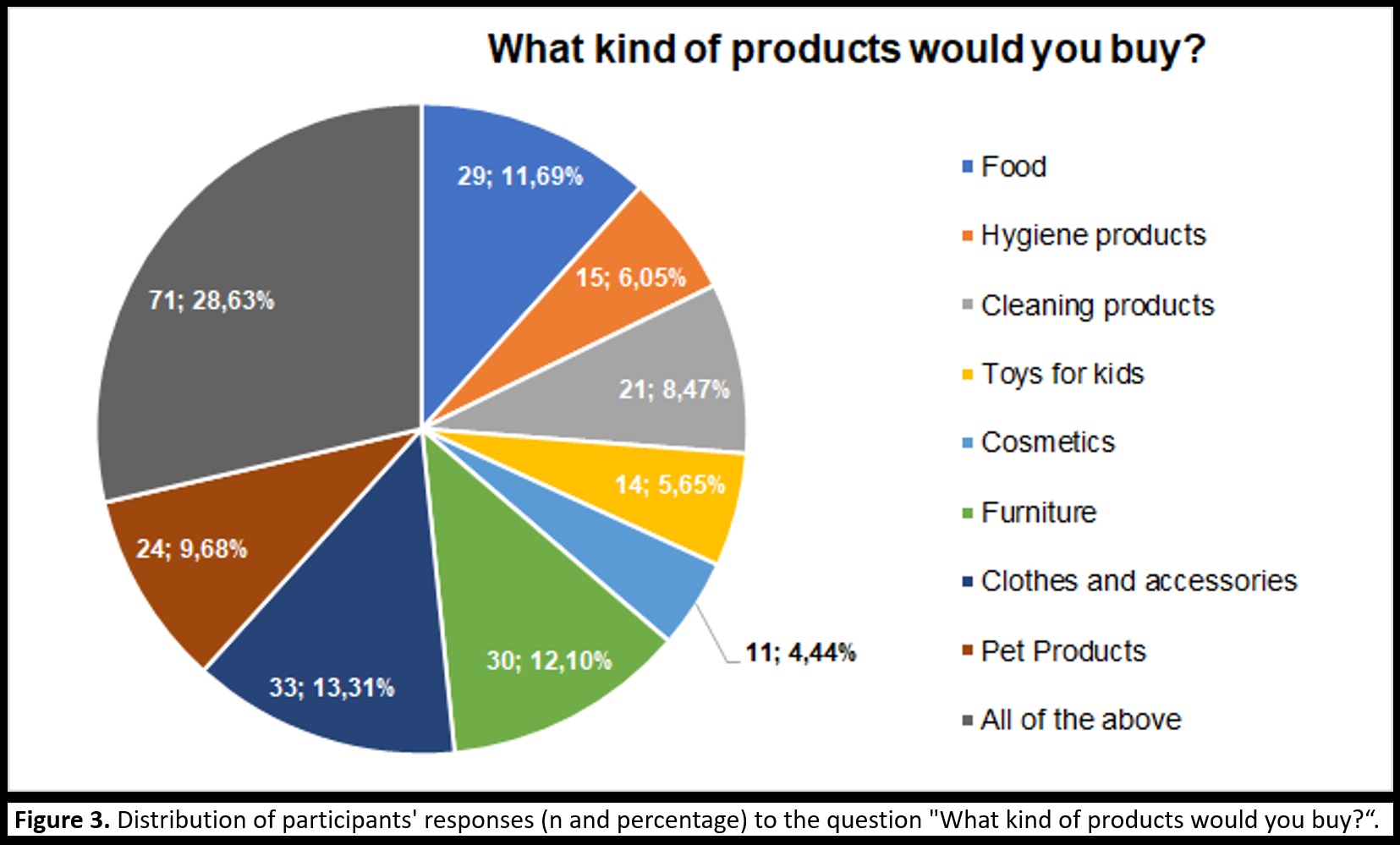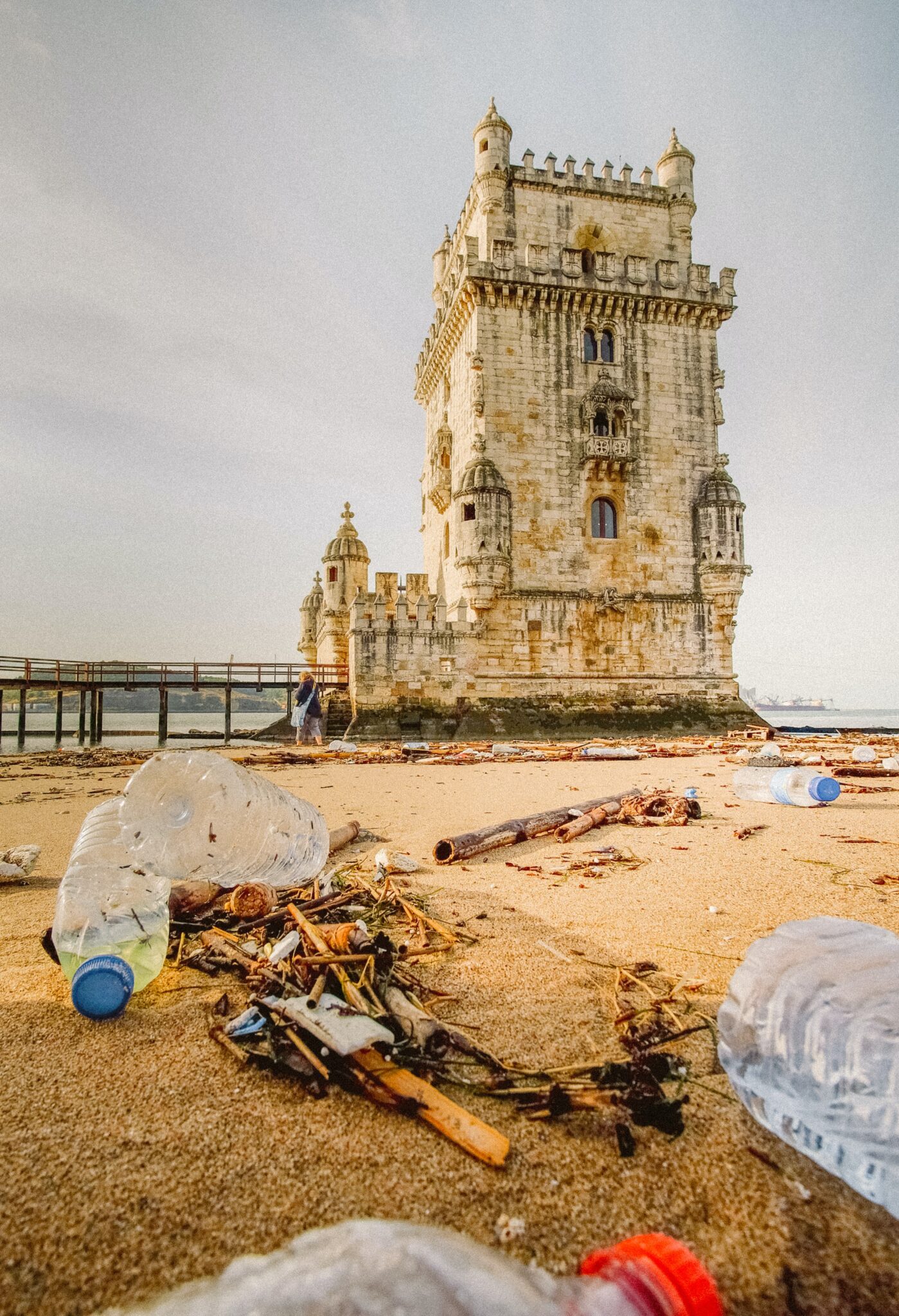“Zero Waste” is a concept that promotes the maximum use of recyclable and organic waste, thus not generating non-recyclable waste in its process, which makes it reusable. This idea came from the need for renewable resources that would not harm the environment when produced, because the large-scale use of non-renewable resources, such as fossil fuels, is one of the factors that contribute to climate change and consequently environmental pollution. However, in addition to the disadvantage of contributing to pollution, the limitation of non-renewable resources is the cause for searching for new ways of producing energy.
 Currently, Portugal has contributed enormously to some significant changes, such as: (i) the incentive for low consumption of plastic, by assigning a tax on the purchase of plastic bags, and gradually replacing the same plastic bags with more recyclable options, such as paper; (ii) the introduction of more urban recycling bins in neighborhoods; (iii) the increase in the recycling of organic products such as toilet paper and non-organic products such as plastic bottles; (iv) reuse of parts and equipment elements collected for the maintenance of equipment in use, managing to re-insert materials that would be sent as waste, to the market, avoiding consumption of raw material and energy associated with the production of new elements and parts; and (v) the development of applications, such as the Waste App, that promote recycling and help the Portuguese people to recycle better and more. Among other measures that we will go into more in depth later.
Currently, Portugal has contributed enormously to some significant changes, such as: (i) the incentive for low consumption of plastic, by assigning a tax on the purchase of plastic bags, and gradually replacing the same plastic bags with more recyclable options, such as paper; (ii) the introduction of more urban recycling bins in neighborhoods; (iii) the increase in the recycling of organic products such as toilet paper and non-organic products such as plastic bottles; (iv) reuse of parts and equipment elements collected for the maintenance of equipment in use, managing to re-insert materials that would be sent as waste, to the market, avoiding consumption of raw material and energy associated with the production of new elements and parts; and (v) the development of applications, such as the Waste App, that promote recycling and help the Portuguese people to recycle better and more. Among other measures that we will go into more in depth later.
According to Portuguese Environment Agency, for 2020, in Mainland Portugal, it was found a capitation of 512 Kg/inhab.year, leading to an annual production of 5.01 million tons of urban waste. On average, each Portuguese citizen produces, per day, around 1.4 kg of garbage, and only 19.8% of this waste is sent to recycling. As an innovative measure, an application called WasteApp was launched, which aims to help the Portuguese to recycle better.

According to National Geographic, to achieve the goal of recycling about 53% of plastic by 2030, Portugal implemented, as measures, the installation of more than 50 pieces of equipment for the Portuguese people to deposit plastic or aluminum packaging in exchange for discount vouchers. Some renowned brands present in Portugal have also joined this initiative, eliminating the plastic bags from their stores, and beginning to use biodegradable materials in their composition.
To get information about Portuguese population knowledge regarding “Zero Waste”, a group of students from Lisbon School of Health Technology applied a public questionnaire to 248 Portuguese people, that aims to understand people’s familiarity with “Zero Waste” meaning, their awareness of its contribution to sustainability, their habits and opinion about buying and selling “Zero Waste” products.
Of those 248 people, 22.20% said to know the theme “Zero Waste” but only 5.65% defined a zero-waste product correctly. On the other hand, 61.70% recognize the zero waste as a major contribution to decrease the waste production, 45.60% to fight climate change, 47.60% as a way to aware the population, promoting the changing of consumption habits (49.20%) and reducing air pollution (48.00%).
The majority recognize to sort waste (70.20%) and of those, 126 (86.30%) do it at home.
Regarding the shopping habits, 16.90% buy new clothes every month, 56.00% do it seasonally and 27.10% annually but only 9.70% buy clothes in “second hand”. Most of the Portuguese people do not know any “Zero Waste” store (89.10%) and only 5.80% usually buy products in that kind of store.
When asked “What kind of products would you buy?”, the participants answered according to Figure 3.

The majority (50.80%) referred that they would like to have one or more “Zero Waste” stores near their home. Nearly 10% consider the prices of “Zero Waste” stores affordable and 85.00% “more or less”.
For the fourth and last group of questions, regarding “Habits and changes” was asked the population to rate in a scale of “1 (not very important)” to “5 (very important)” for the question: “When you go shopping, how important is the following characteristics:” with the next options: “No Plastic” which the answers were mixed, between “3” and “5”; “Recyclable” with a lot of adherence, rounding “4” and “5”; “Price” where the majority answered “5”; “Local products” where the answers varied between “3” and “5” and finally “Biologic product” with the majority answering “3”. The second question of this fourth group had a similar approach to the first one: “On a scale of 1 (very easy)” to 5 (very difficult) how easy do you think it is to acquire a food that is not packaged in plastic?” where 0.80% selected “0”, 7.30% selected “1”, 10.90% selected “2”, 31.50% selected “3”, 46.30% selected “4” and 13.30% selected “5”, this question was followed by the sub question “You would stop buying something because it contains plastic?” where 16.90% answered “yes” and 56.90% “no”. In the end, there were two more questions, namely: “Do you produce any food for your own to reduce waste?” where the answers were mixed, 54.40% to “yes” and “45.60%” to “no”, then “Do you consider adopting this practice in the future?” which 54.40% of the population said “yes”, 2.40% said “no” and 43.10% “maybe”.
According to the approach presented, most of the Portuguese people do not know how to describe “Zero Waste”. For those who know, it’s observed that some answers describing “Zero Waste” products show a confusion with other concepts like recyclable products. Nevertheless, the results indicate that society has evolved in terms of practices contributing to sustainability.
Most of the population doesn’t know the exclusive existence of “Zero Waste” stores, and neither buy “Zero Waste” products, but the results shown that if there were one or more stores close their home, the Portuguese would buy all kind of products. The majority of the people has the intention and conscience to change their behaviors about consume but, because this concern, regarding waste associated with consume, is so recent and there aren’t universal applications on the process of extraction, production, selling and buying of the products to create a global consciousness about “Zero Waste” concept and consequently the consumers don’t have the opportunity to choose to buy, for example, products with no plastic package.
Summing up, most of the Portuguese people already shows awareness and motivation to contribute to sustainability with alternative “Zero Waste” products. In other way, the production and selling mindset needs to be redirected towards having more sustainable products available on the market to give the possibility of change to the population.




You must be logged in to post a comment.